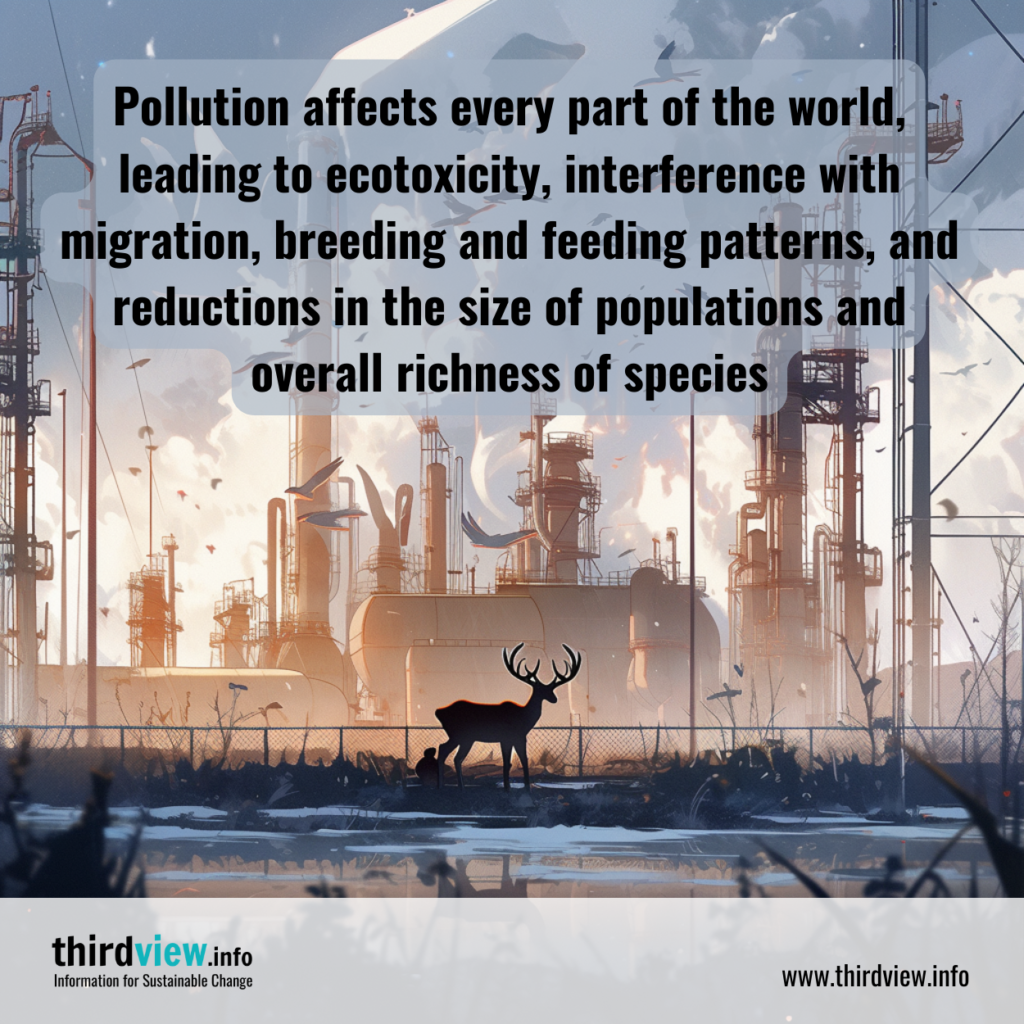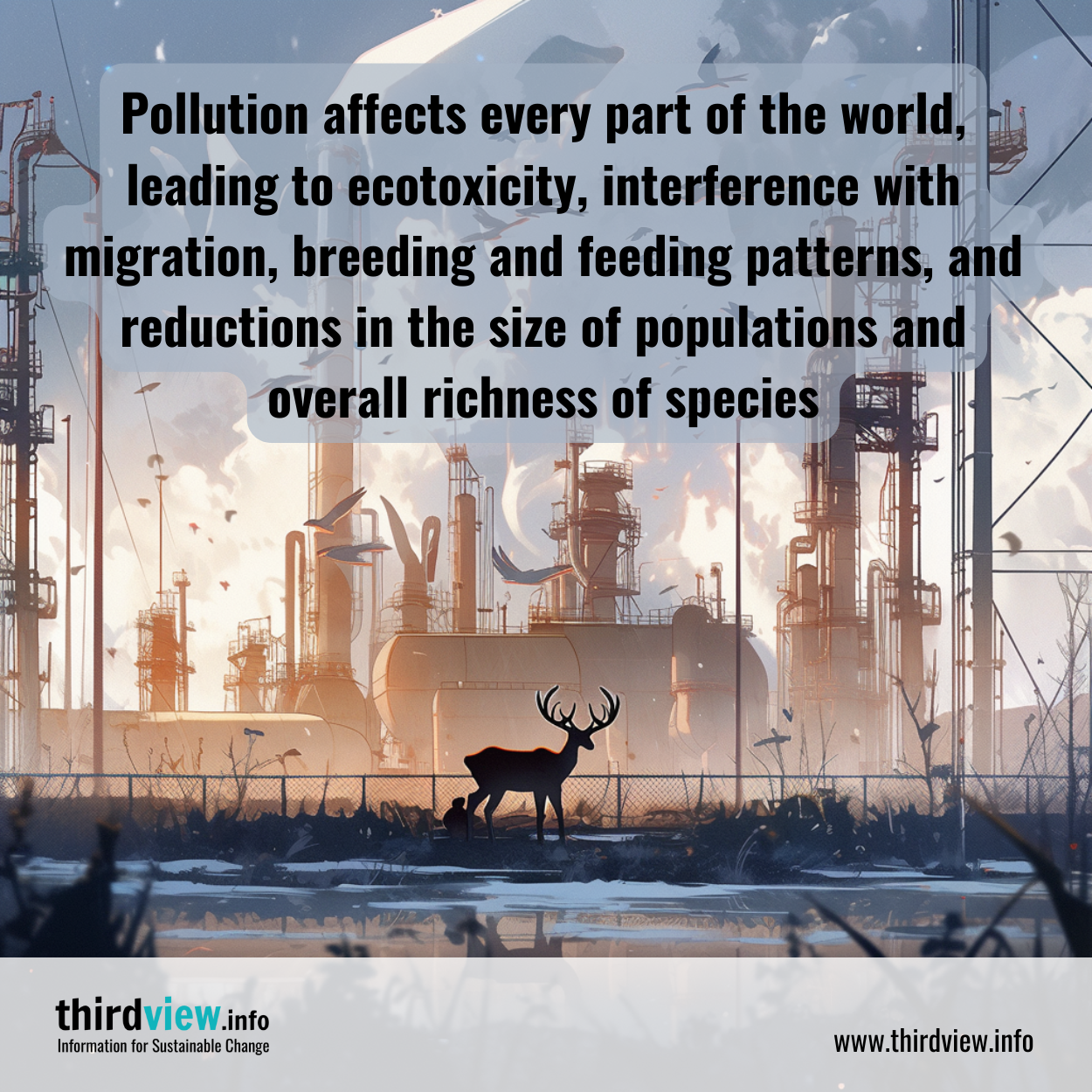Biodiversity is the variety of life that exists on Earth, from animals to plants and microorganisms. It plays a vital role in maintaining the delicate balance of our planet’s ecosystems. However, the rapid industrialization, urbanization, and globalization of our world over the past few decades have put immense pressure on biodiversity. Pollution, in particular, has had a devastating effect on the health and well-being of many species, from marine life to land mammals. In this blog, we will explore the extent of the problem, its causes, and what we can all do to help protect our planet’s rich biodiversity.
Pollution is one of the leading causes of biodiversity loss. It affects every part of the world; from the air we breathe to the water we drink. Pollution can take many forms, such as chemicals, plastics, heavy metals, and emissions from industrial processes. One of the most significant contributors to pollution is the burning of fossil fuels, which releases pollutants into the air, leading to climate change and other environmental problems. This impact cascades all over the globe, and no species is left untouched.
The consequence of pollution on biodiversity is devastating. It affects many species across different ecosystems, such as forests, oceans, and freshwater habitats, leading to the loss of biodiversity. Pollutants can cause ecotoxicity, which is the impact of toxins on plants and animals’ growth and development. Moreover, pollutants can interfere with migration, breeding, and feeding patterns or times, affecting animals’ well-being and reproduction rates. Ultimately, this leads to reductions in the size of populations and the overall richness of species in a particular area.
One of the most severe impacts of pollution on biodiversity is the loss of coral reefs in the oceans. For many marine species, coral reefs are food sources and habitats. However, they are highly sensitive to climate change and pollution, and their degradation can impact an ecosystem’s well-being. Plastic debris and loss of water quality due to nearby pollutants are part of the biggest threats to coral reefs. Once a reef is gone, it is incredibly difficult to repair the damages and can lead to the extinction of many species that depend on them.
Land animals are not without their fair share of pollution impact. Oil spills can have disastrous consequences for marine animals, but the animals that depend on freshwater habitats are also at risk. Heavy metals can build up in the soil and water, leading to bioaccumulation, which could lead to animals transmitting diseases to other animals or humans, and passing along the toxins to their offspring, leading to population decline.
The scale of pollution’s harm to our biodiversity is staggering, and its impacts are felt worldwide. The problem will not resolve itself, and a lack of change on our part will only lead to further loss of biodiversity. The good news is that we can all do our part to contribute to a healthier planet. We must reduce our reliance on fossil fuels, our carbon footprint, and our waste generation. As individuals, we can also choose products that support sustainable practices, buy locally sourced food and products, and make lifestyle changes that help protect our planet. In doing so, we will be doing our part in protecting our environment, health, and, most importantly, the rich biodiversity that exists on Earth.


